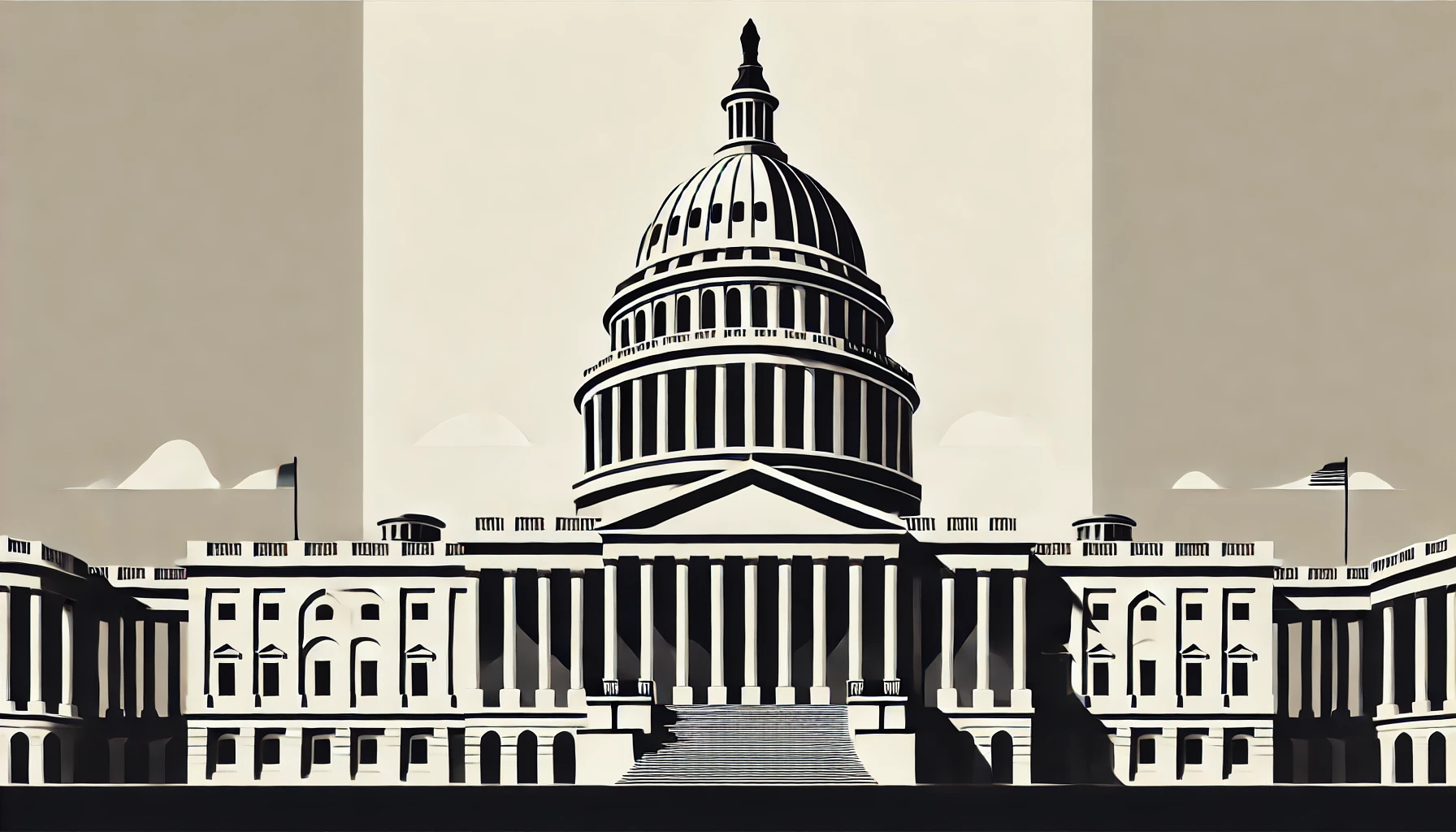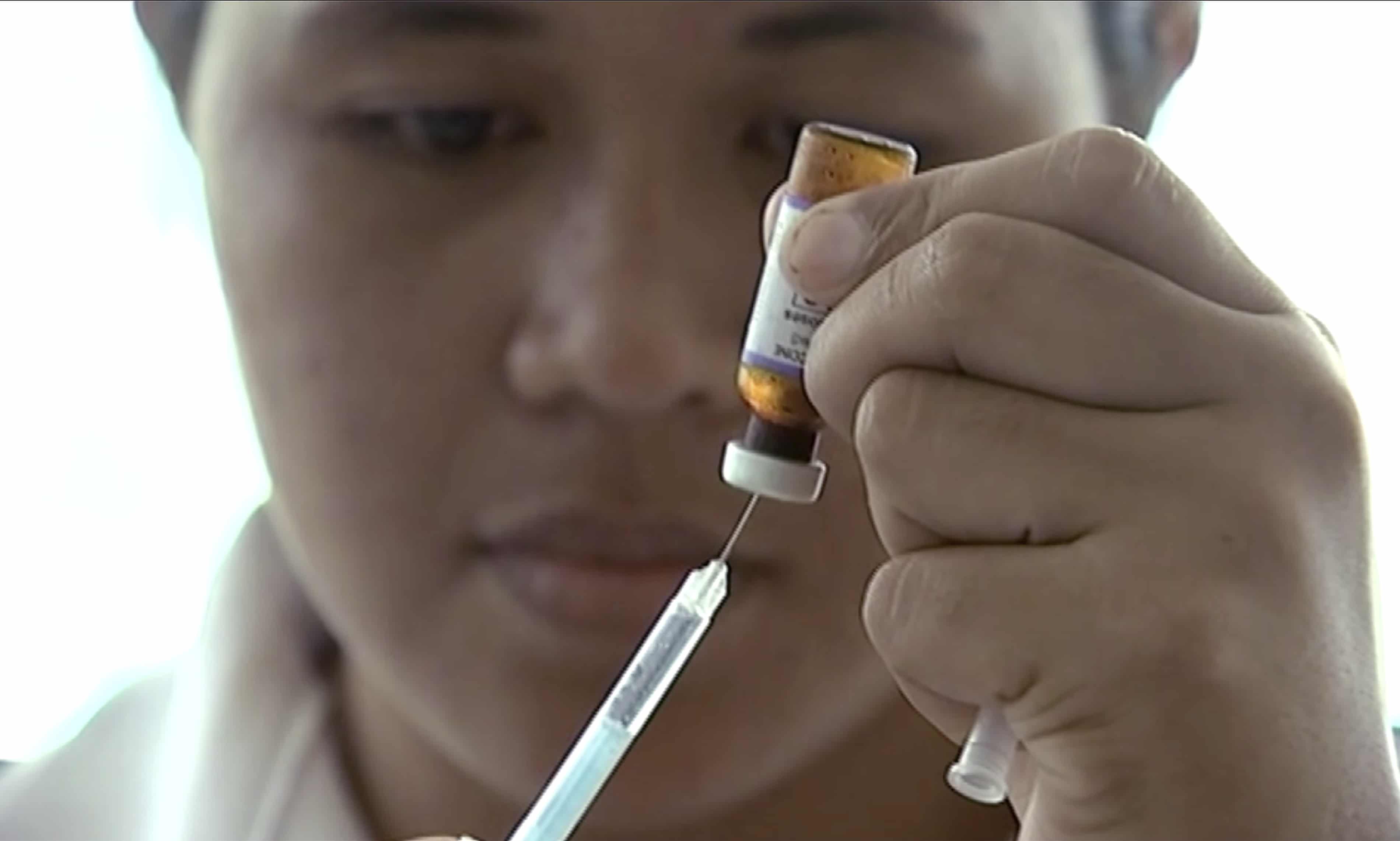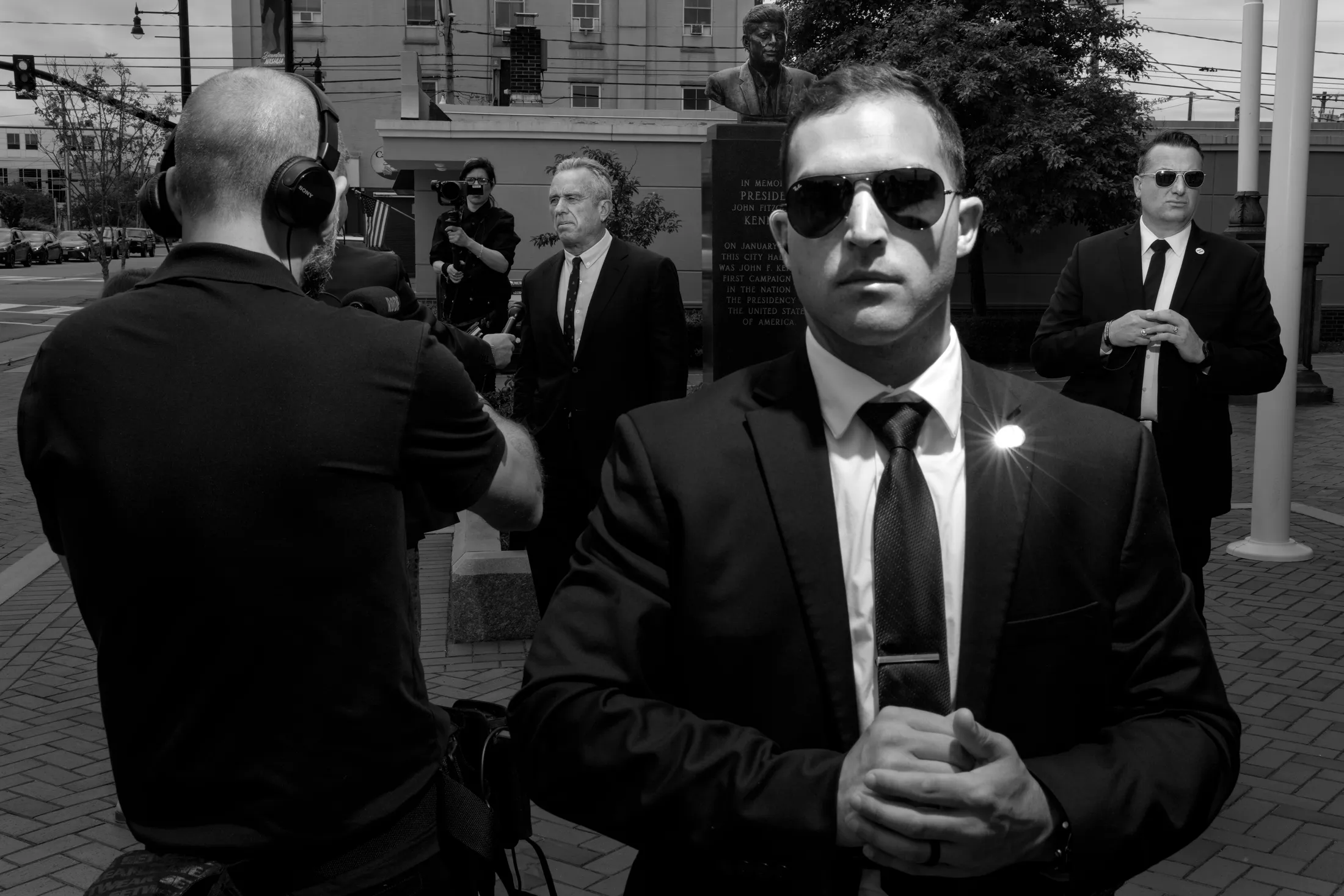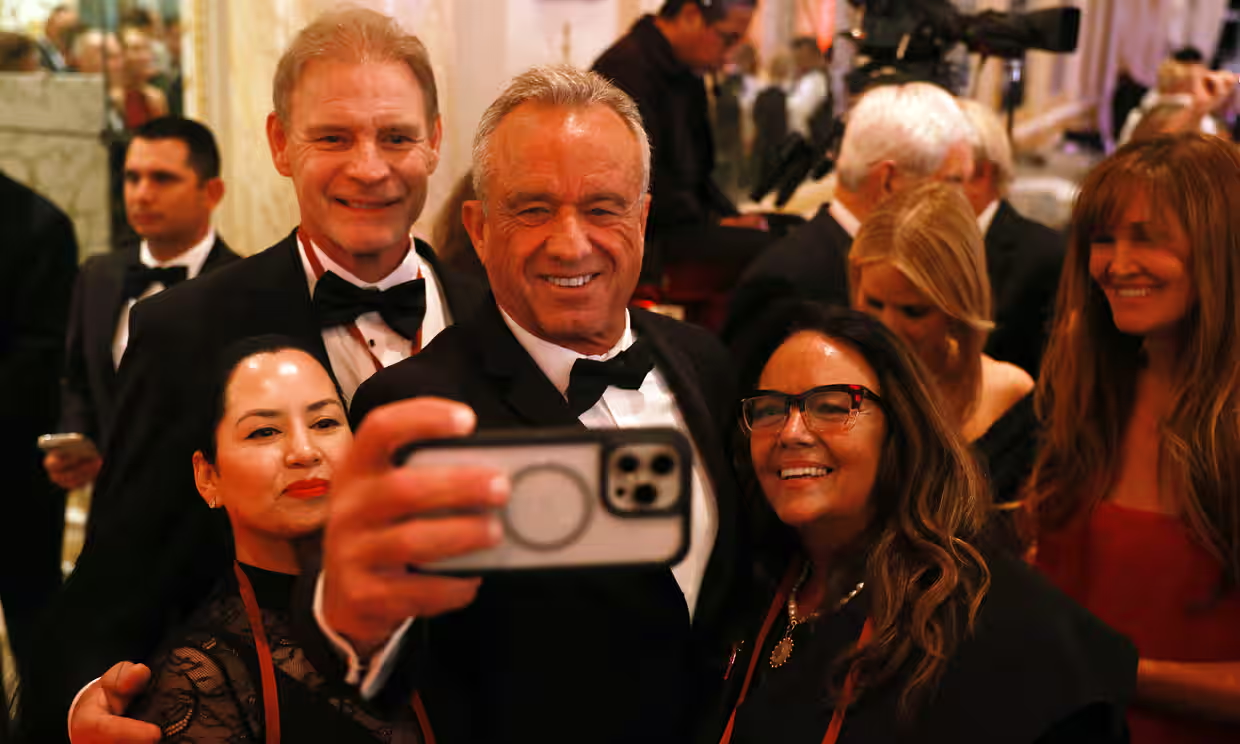
USA Today
To say it was a case about medical freedom, or even vaccine safety, is false, both experts concluded.
To say that a United States Supreme Court case that decided whether a section of the Vaccine Act of 1986 preempts all vaccine design defect claims against vaccine manufacturers, is not about vaccine safety, is inaccurate.
The case includes the following judgements:
“It granted Wyeth summary judgment…which provides that “[n]o vaccine manufacturer shall be liable in a civil action for damages arising from a vaccine-related injury or death associated with the administration of a vaccine after October 1, 1988, if the injury or death resulted from side-effects that were unavoidable even though the vaccine was properly prepared and was accompanied by proper directions and warnings.”
“Held: The NCVIA preempts all design-defect claims against vaccine manufacturers brought by plaintiffs seeking compensation for injury or death caused by a vaccine’s side effects”
Wikipedia: The case was decided on February 22, 2011. The Court, in a 6-2 opinion by Justice Antonin Scalia, held that the “plaintiffs design defect claims [were] expressly preempted by the Vaccine Act.” Thus, the court affirmed laws that vaccine manufacturers are not liable for vaccine-induced injury or death if they are "accompanied by proper directions and warnings” (Scalia opinion).
USA Today
“This isn’t medical choice at all, and it can’t be considered an anti-vaccine decision,” Reiss said. “You can say Justice Ginsburg was about making it easy for people to be compensated for injuries related to a medical product, not just vaccines.”
RFK Jr never said RBG’s dissenting opinion was “anti-vaccine.” He called her a champion for safe vaccines and noted that her dissent supported vaccine safety.
RFK Jr writes: “[RBG and Sotomayor] pointed out that tort suits, including discovery, were the only force incentivizing drug companies to make vaccines safe. They said, ‘Tort suits uncover unknown drug hazards and provide incentives for drug manufacturers to disclose safety risks promptly.’
He continues: By construing the Vaccine Injury Compensation Act to pre-empt all design defect claims, “the majority’s decision leaves a regulatory vacuum in which no one — neither the FDA nor any other federal agency, nor state and federal juries” ensures vaccine safety. “There is no reason” they added “to think that Congress intended in the vaccine context to eliminate the traditional incentive and deterrence functions served by … tort liability…. Nothing in the text, structure, or legislative history remotely suggests that Congress intended that result.”
USA Today
The case Robert F. Kennedy Jr. cites as a reason Ruth Bader Ginsburg was a "medical freedom activist" was not about medical freedom. The case did not remove "all incentives" to keep vaccines safe, however, the decision did protect pharmaceutical companies from vaccine injury liability. Ginsburg's dissent was related in a broader sense to medical products, not just vaccines. We rate this claim MISSING CONTEXT, because it could be misleading.
Asserting that “Ginsburg's dissent was related in a broader sense to medical products, not just vaccines,” is itself misleading. The dissent is about vaccines. Here is the abstract:
“Justice Sotomayor, with whom Justice Ginsburg joins, dissenting.
"Vaccine manufacturers have long been subject to a legal duty, rooted in basic principles of products liability law, to improve the designs of their vaccines in light of advances in science and technology. Until today, that duty was enforceable through a traditional state-law tort action for defective design. In holding that §22(b)(1) of the National Childhood Vaccine Injury Act of 1986 (Vaccine Act or Act), 42 U. S. C. §300aa–22(b)(1), pre-empts all design defect claims for injuries stemming from vaccines covered under the Act, the Court imposes its own bare policy preference over the considered judgment of Congress. In doing so, the Court excises 13 words from the statutory text, misconstrues the Act’s legislative history, and disturbs the careful balance Congress struck between compensating vaccine-injured children and stabilizing the childhood vaccine market. Its decision leaves a regulatory vacuum in which no one ensures that vaccine manufacturers adequately take account of scientific and technological advancements when designing or distributing their products. Because nothing in the text, structure, or legislative history of the Vaccine Act remotely suggests that Congress intended such a result, I respectfully dissent."















